Cascais is an elegant, working seaside town of tiled streets sitting on the Portuguese coast, 20 miles west of Lisbon. Once favoured by royalty, it boasts a cosmopolitan, vibrant community.
You will find a variety of property in Cascais from apartments, town houses and luxury villas. The property for sale in Cascais often maintains a higher value than in many of the other areas of Lisbon, and not without reason.
Cascais History
Cascais has worn numerous hats over the years and retained characteristics of each phase. It started, like many Portuguese coastal towns, as a sleepy little fishing village with weathered boats and fish drying on racks in its small central market. During the 18th and 19th centuries, Cascais became a favourite holiday spot for European nobles. Today it is still a favourite weekend spot for well-to-do Lisboans, and has a thriving summer tourist industry.
Activities in Cascais
Within the town itself there are a number of small beaches and an attractive harbour often full of sleek yachts. There are many attractions in and around Cascais, including restaurants, cafes, golf courses, nightclubs, water-sports and, of course, the golden sandy beach. On top of all this, there are museums and historical sites to visit on those rare cool days. Among the town's many products are traditional Portuguese crafts and wares, and wonderful simple food highlighted by grilled fish.
Income from Cascais Property
Tourism is a major part of the economy in Cascais, therefore rental property is at a premium. With all of the activities available in Cascais it is no wonder that it is possible to rent out your property all year round with a healthy premium for the high season. The locals population are very friendly, welcoming foreigners and speak a good level of English.
Tourists become prevalent during the summer months, but greatly dissipate the rest of the year. The expat community is strong in both Cascais and neighbouring Lisbon due to the warm weather, cheaper cost of living than the rest of Europe, easy pace of life and friendly Portuguese people.
Cascais Property
The Cascais Property market is only likely to get stronger, as the local authority has now prevented new development, meaning property prices could soon climb further. Part of the attraction of Cascais for those who choose to live here is that, though it's a prime holiday spot, it has escaped becoming a typical tourist resort. Cascais's thriving harbour and town centre, plus its mix of residents of all ages and lifestyles, also means there's no off-peak season and remains a safe place to live with a low crime rate.
Cascais is a small town, but still has all conveniences within a short drive. There is a hospital, police station, post office, smaller grocery stores, wine stores, and veterinary hospital and fire stations in the town, with a large supermarket and larger shopping centre just outside on the road to Lisbon.
Retirees could find a little slice of paradise here on the Portuguese coast in Cascais. With its safety, beautiful beaches, mild climate and wide range of activities and charmingly sophistication, property in Cascais provides a wonderful lifestyle and good value for money.
Cascais is also a great place to be based if you want to look around the area, with only a short drive to Lisbon and is well connected by road and rail. The Sintra mountains, Sintra and all of the Estoril area in which Cascais is located are easily accessible.
1. Signing a Letter of Intent
On finding a property you wish to purchase, your agent will draw up a 'Letter of Intent, this will be signed by both parties, vendor and buyer. Copies of this will be given to the legal representatives of both parties and will be used in preparing the Promissory Contract. Included in this letter will be the price, what is included in the sale, furnishings etc. and any conditions of the sale plus the dates for both exchange and completion.
2. Exchange of Promissary Contract (Contrato Promessa de Compra e Venda)
The buyers lawyers are responsible for drawing up the promissory contract (Contrato Promessa de Compra e Venda) and as part of the process they will have carried out the legal searches and made sure that there are no charges, e.g. utilities, property tax etc. against the property. The contract will contain details of both parties and include clear title of ownership, when payments are due to be made, the completion date and an inventory, if required. The Promissory Contract is legally binding and will generally be signed by both parties and witnessed by a notary/lawyer. The contract will include penalty clauses in case either party does not fulfill the terms of the contract. A 10%, non-refundable deposit is required at this point, this will be paid to the vendor, through the lawyer's client account. Once the contract has been signed, if the vendor pulls out of the contract, they will be obliged to pay back double the deposit to the purchaser. If the purchaser pulls out, they will lose their deposit.
3. On Completion
The amount of time between signing the Promissary Contract and Completion will vary and will have been agreed in the contract. Before Completion your lawyer will need to arrange with a fiscal representative for you to obtain a Portuguese Fiscal Number. The official Deed of Transfer of ownership (the Escritura) will be signed by you (or someone representing you with your Power of Attorney), this is signed at the Notary and they will retain the document. The Deed will be read aloud by the Notary before all participants sign it. Your lawyer will need to check to ensure that you understand what is being said if you do not understand Portugese. The Escritura, once it has been signed, will officially give you ownership of the property, but will still need to be registered in your name on the Land Registry (Registo Predial) by your lawyer. Your lawyer should obtain a copy of this for your records. Once you have completed, the new utility contracts can be transferred into your name by your lawyer.
IMPORTANT - Disclaimer :
All information provided is believed to be current and provided free of charge. No liability can be accepted for the reliability of the information and statements made as this is obtained from 3rd parties. We always recommend you take legal advice from a fully qualified Lawyer or Notary before buying a property overseas.
Close
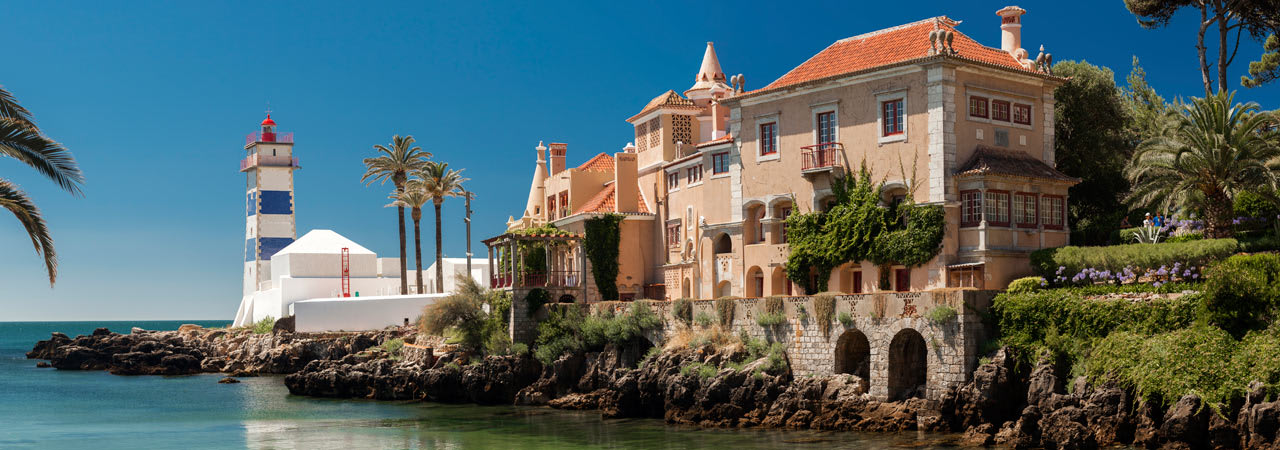



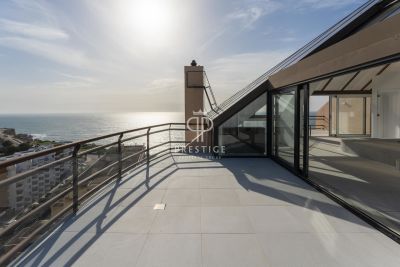
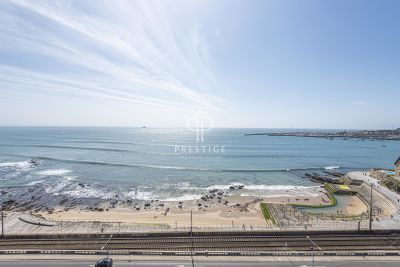




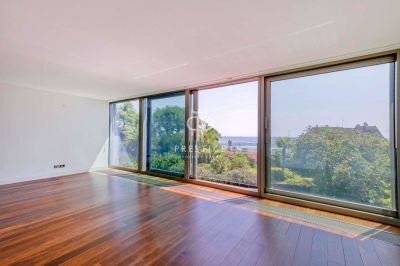








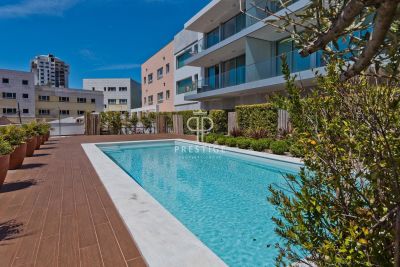

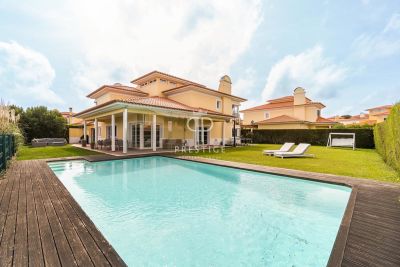
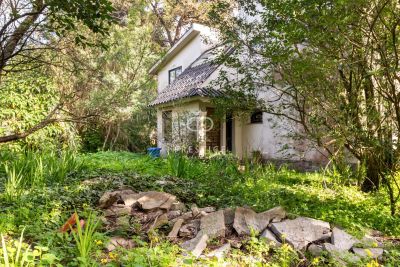


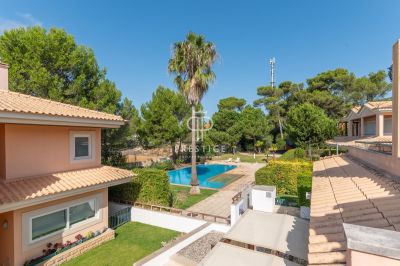




 Facebook
Facebook Twitter
Twitter Instagram
Instagram